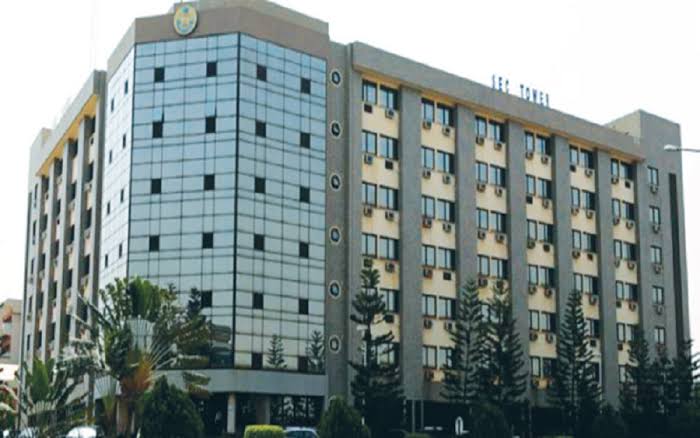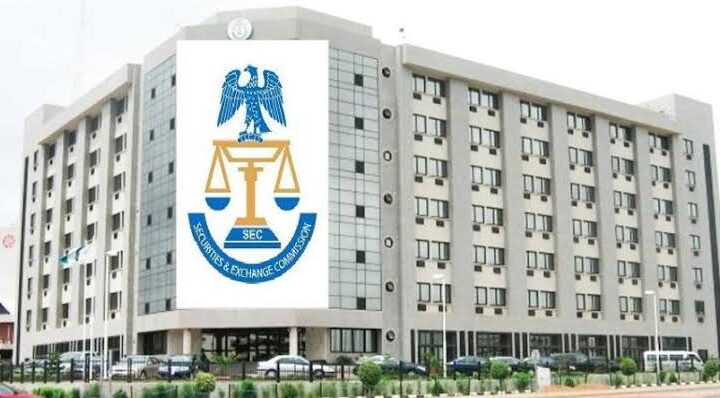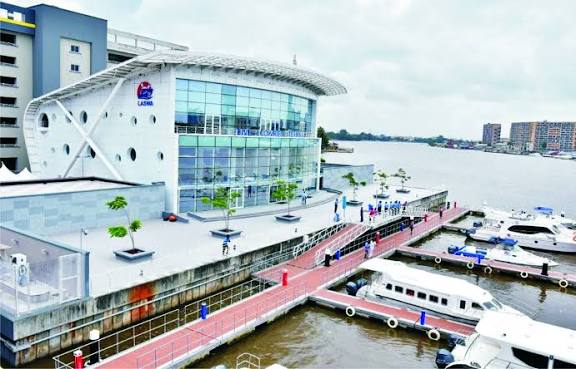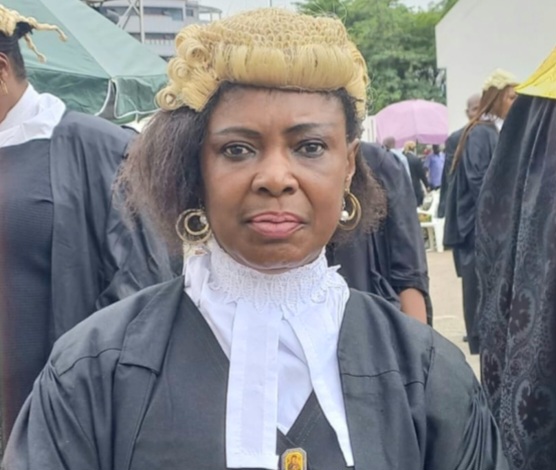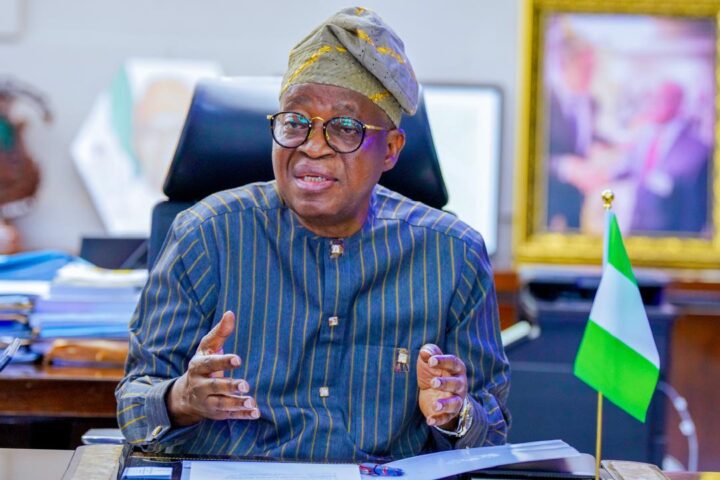
The Securities and Exchange Commission (SEC),says the total unclaimed dividends in the Nigerian capital market stood at N170 billion as of December 2020.
The Director-General, SEC, Mr Lamido Yuguda, who disclosed this at the second post-Capital Market Committee (CMC) virtual news conference,said the figure had increased compared with N158.44 billion total unclaimed dividends as of December 2019.
According to him,the rising figure to identity management and multiple subscriptions of investors.
He added:“We have problems with identity management in the Nigerian capital market and this is really one of the things the commission is trying to resolve. We have set up a high-powered committee to look at the issue, people bought shares under false names and multiple subscriptions.
“There is a problem with the process but there is a problem with us too as people because if you are buying securities using your own wealth; why will you use another person’s name, why will you use a name that will not be traceable to you? This became an issue after the introduction of BVN because BVN is tied to only one name,” Yuguda said.
He said that the commission constituted a Committee on Identity Management for the Nigerian Capital Market in June in order to address the unclaimed dividend issue.
He disclosed that committee is chaired by Mr Aigboje Aig-Imoukhuede and is expected to harmonise various databases of investors and facilitate data accuracy in the market.
He added:“We are optimistic that the outcome of this committee’s assignment would address the challenges of identity management and help resolve some of the issues we face in the areas of unclaimed dividend, direct cash settlement and multiple subscriptions,” he added.
He spoke on the Electronic Dividend Mandate Management System (e-DMMS) portal, saying that the total number of mandated and approved accounts from its inception in 2016 to July 2021 stood at 1,144,970.
He said members of the CMC had adopted some measures to increase the number of mandated investors on the e-DMMS and reduce the quantum of unclaimed dividends in the market.
He listed the measures as; automation for mandating to e-DMMS, increased monitoring of adherence to procedures and increased awareness campaigns on the initiative.
Yuguda added that a training session would be organised by the Central Securities Clearing System (CSCS); to be supported by the e-DMMS technical committee, Institute of Capital Market Registrars (ICMR) and Association of Securities Dealing Houses of Nigeria.
Meanwhile, the commission said it has to clamp down on illegal capital market operators, especially operators of Ponzi Schemes.
Speaking at the second post-Capital Market Committee (CMC),Director-General of SEC, Mr Lamido Yuguda, said the commission would remain committed to zero tolerance for market infractions.
He said the commission would continue with the campaign against illegal operators in the capital market, especially Ponzi Schemes.
“SEC has adopted multi-level engagements with media platforms and regulators of publicity agencies in order to curb the reach and activities of these illegal operators. While we continue our activities to resolve the complaints that have been forwarded to the commission through the official channels,” he said.
He added that it was important to reiterate to the investing public to be wary of unscrupulous schemes that promised unrealistic returns on investment.
“We will like to use this opportunity to reiterate our commitment towards zero tolerance for market infractions. We urge every capital market operator to operate within the market functions approved for it by the commission.
“The commission will not hesitate to deal decisively with any operator who carries out any activity outside the function(s) approved for it by the commission,” he said.
He said no capital market can grow without discipline and adherence to laid down rules and regulations.”
He noted that Ponzi Schemes were a big problem for the economy and the country in general.
According to him, the measures include putting up the list of the authorised operators on SEC’s website so that interested investors will to confirm that the scheme they intend to invest in is through a registered operator.
“But unfortunately, many of these ponzi scheme operators, once they give mouth watery promises and entice many gullible investors, in the end monies are lost and these investors start flocking to our offices to complain. We have engaged a number of regulators and a number of media platforms to ensure that the message is actually delivered to the public that any promised return that looks so generous should actually be suspicious.
“It is a continuous fight, we are not resting on our oars in this. These Ponzi Schemes are truly a cancer in our society and every hand must be on deck to fight this cancer,” Yuguda said.
He spoke on the outcome of the CMC, saying the commission had registered two Fintech capital market operators, which included a Digital Fund Portfolio Manager and a Digital Sub-broker.
He added that the commission was looking forward to registering more Fintech players in the market.
Yuguda noted that the commission had approved some derivative contracts, developed the regulatory framework for derivatives trading as well as rules on Interoperability of Central Securities Depositories in Nigeria.
He said the Securities and Exchange Commission (SEC) has inaugurated a committee on agro-based standards as part of measures to ensure standards for commodities trading in Nigeria,
He listed the members of the technical committee as representatives of the commission, Standards Organisations of Nigeria (SON), AFEX, Lagos Commodities and Futures Exchange (LCFE), and the Nigerian Commodities Exchange (NCX).
According to him, the agro-based standards is part of the commission’s efforts in encouraging investment in commodities space.
“This is to encourage investments in this massive area where Nigeria has a dramatic comparative advantage compared with many other countries. For agro-based commodities to be traded, you will need the standards and these standards will be developed by different agencies but principally the SON.
“We have engaged with these organisations, a committee has been set up and they are working hard to ensure we have these standards within the next three months,” Yuguda said.
He added that as part of measures to deepen the commodities ecosystem, the commission held engagements with the National Insurance Commission toward de-risking and insuring certain commodity assets.



